
Egyenl?k és egyenl?bbek: A szemitizmus szervezett magánhatalom
¥51.58
Egyenl?k és egyenl?bbek: A szemitizmus szervezett magánhatalom
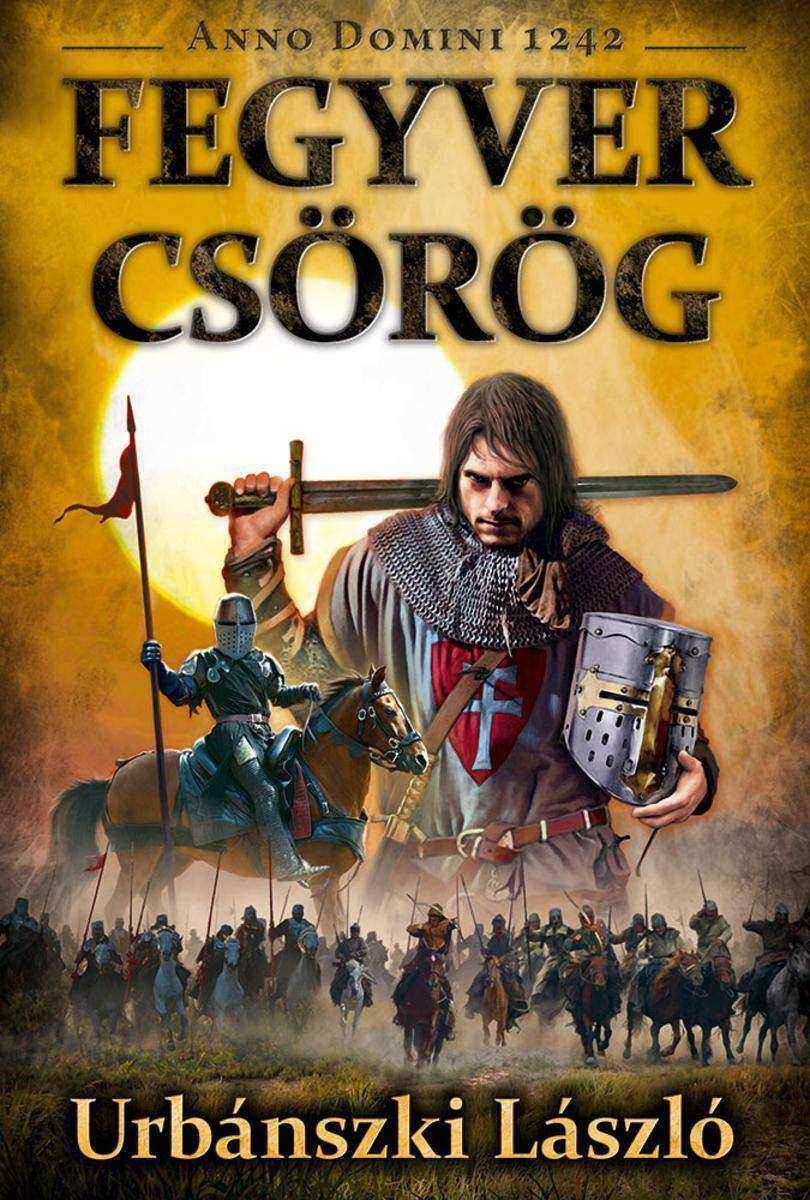
Fegyver cs?r?g
¥51.58
Fegyver cs?r?g

T?r?tt szárnyú angyalok
¥74.56
T?r?tt szárnyú angyalok

Kisvárosi aranyifjú
¥18.56
Kisvárosi aranyifjú

Yeralt?ndan Notlar (Do?uBat?)
¥2.62
Yeralt?ndan Notlar (Do?uBat?)

Szívhang 405. (Versenyfutás az id?vel)
¥18.74
Szívhang 405. (Versenyfutás az id?vel)

Júlia kül?nszám 41. k?tet
¥43.08
Júlia kül?nszám 41. k?tet
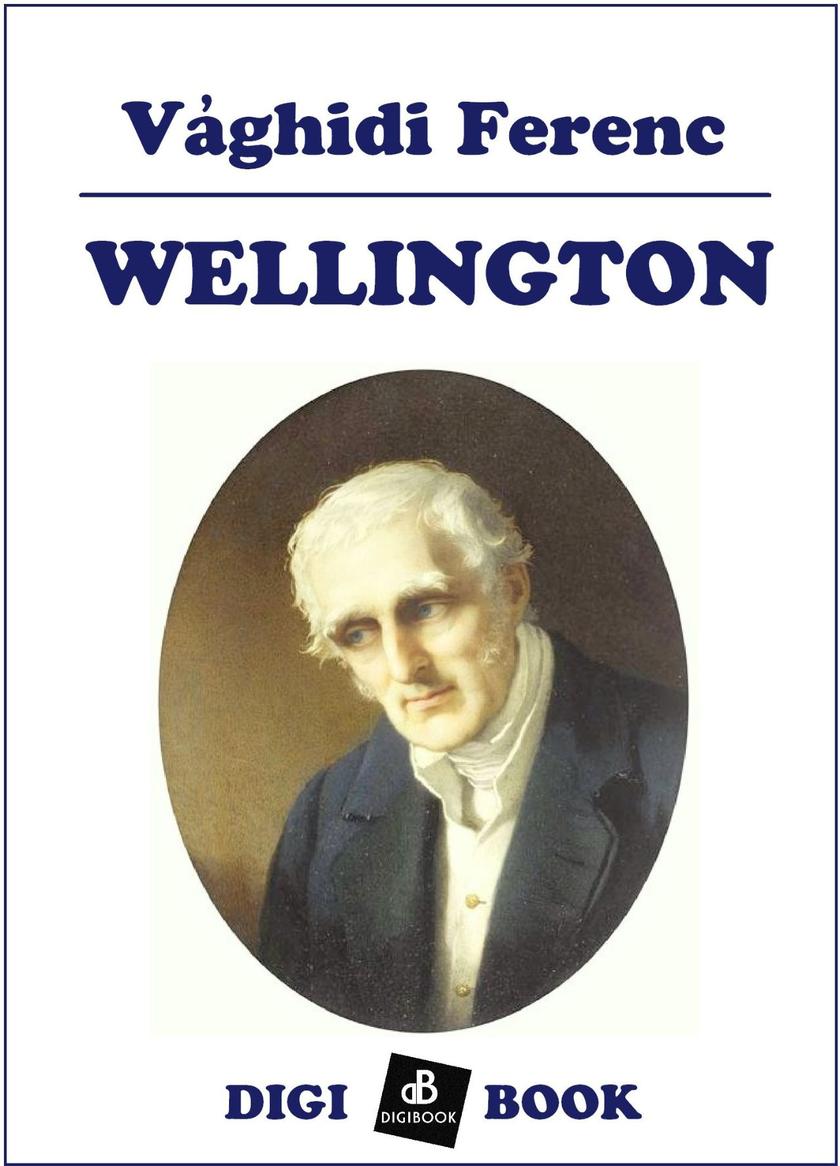
Wellington
¥34.25
Wellington
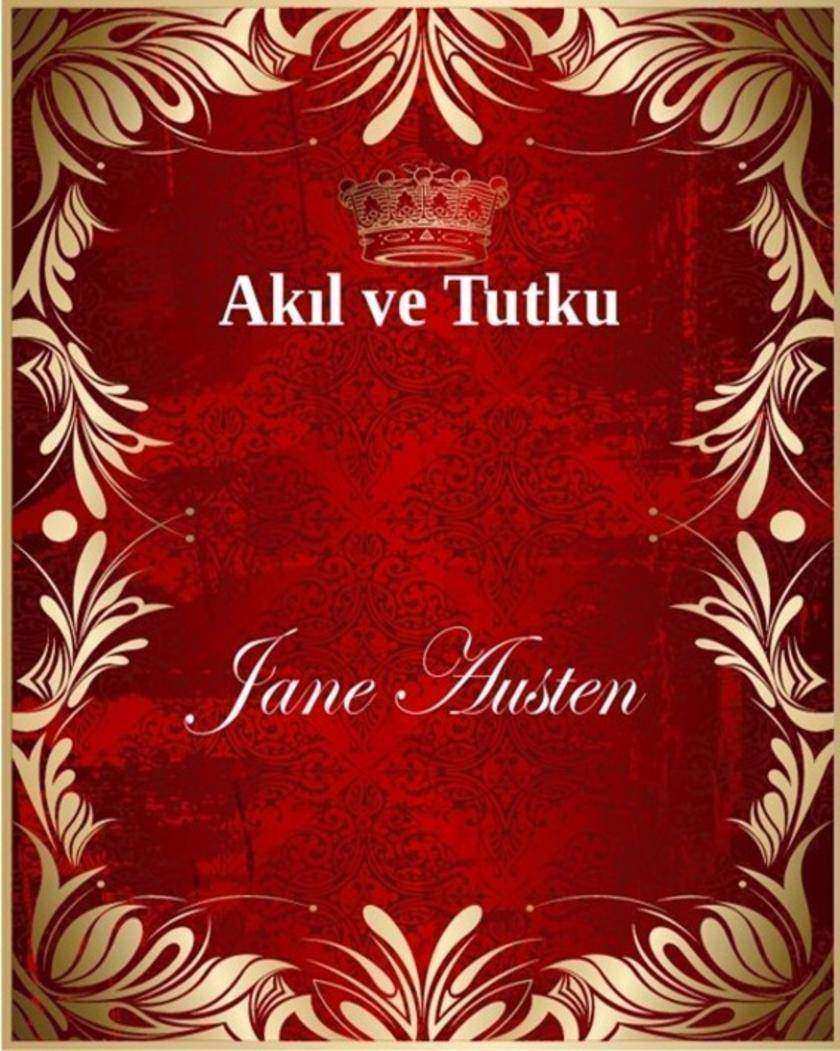
Ak?l ve Tutku
¥2.62
Ak?l ve Tutku
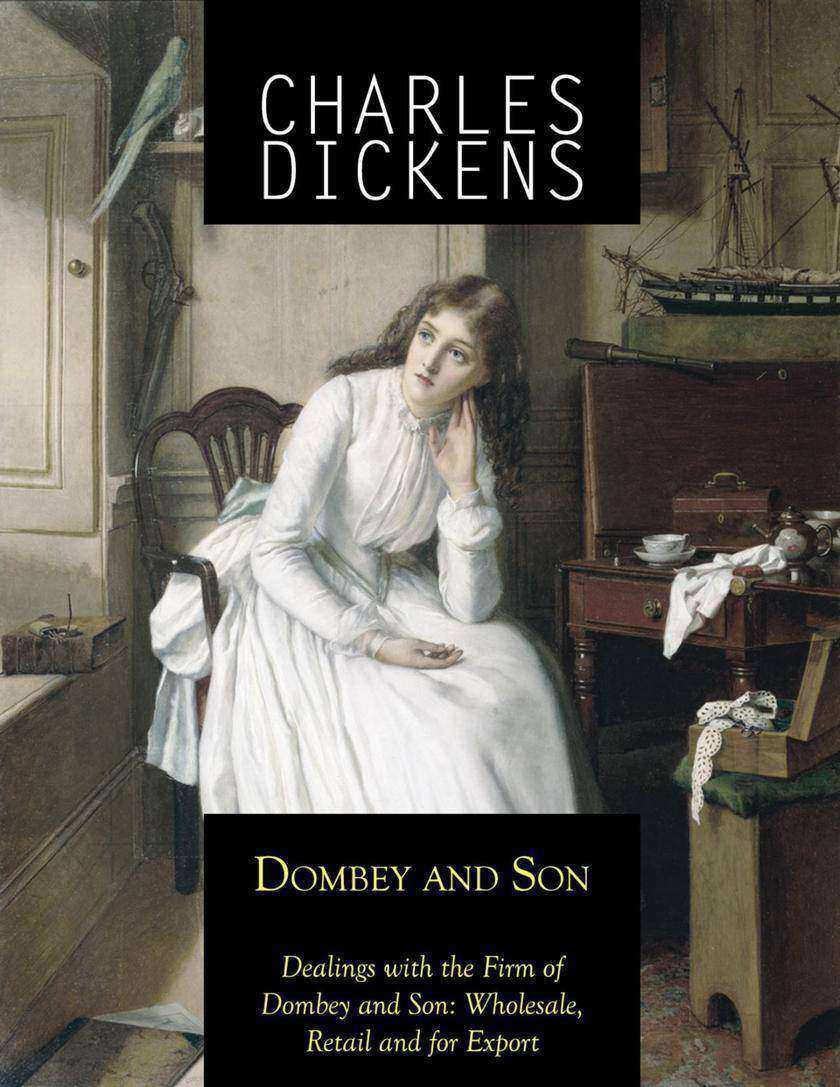
Dealings with the Firm of Dombey and Son
¥18.39
Dealings with the Firm of Dombey and Son
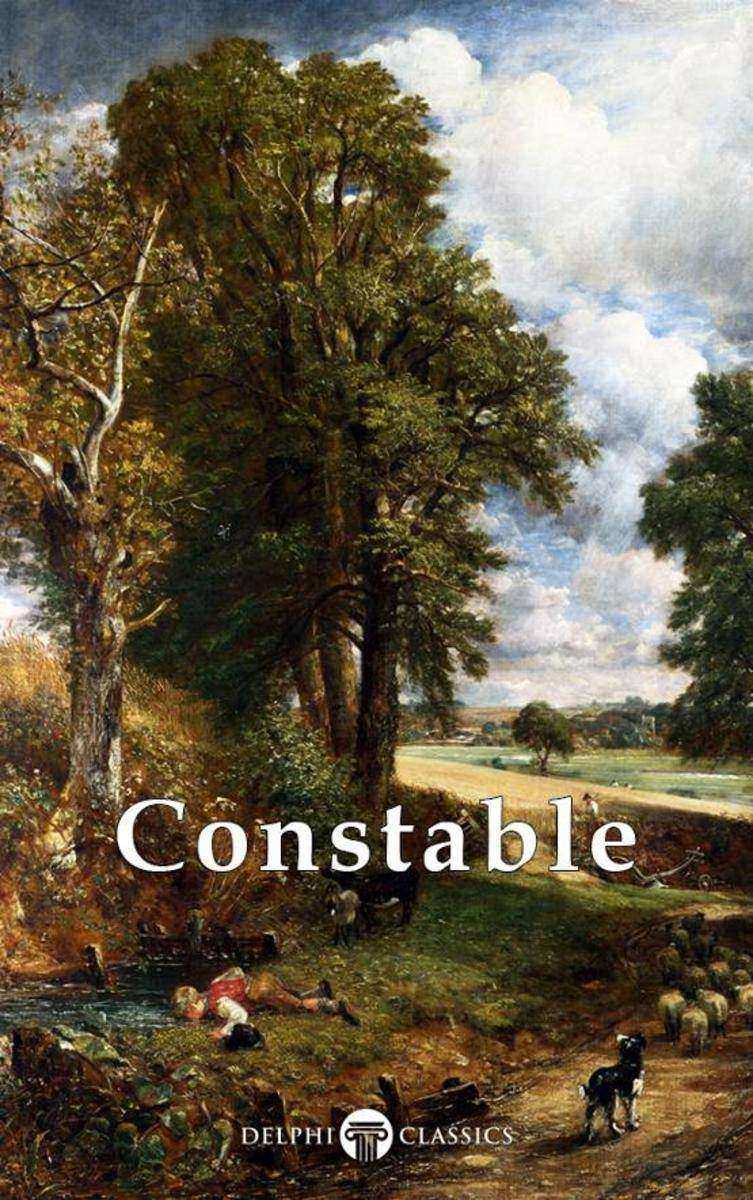
Masters of Art - John Constable
¥24.44
Masters of Art - John Constable

Júlia kül?nszám 69. k?tet
¥42.92
Júlia kül?nszám 69. k?tet
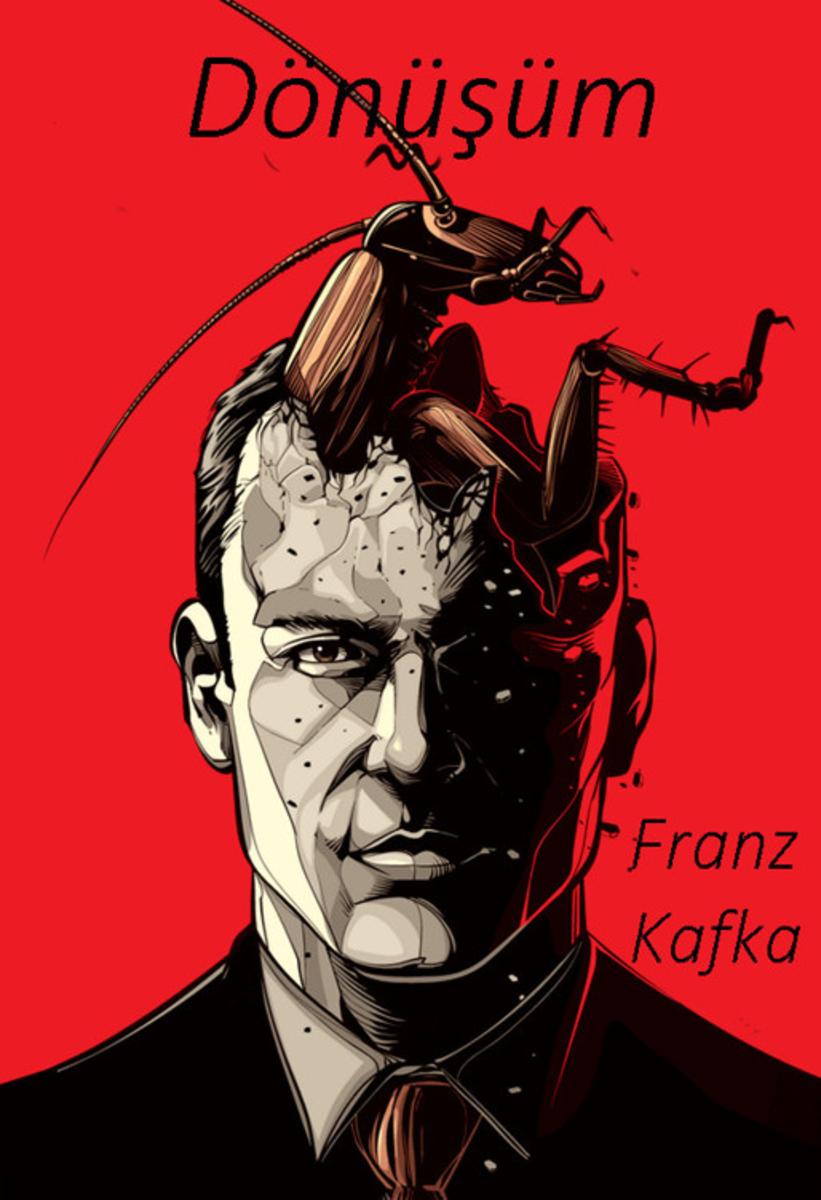
D?nü?üm
¥4.82
D?nü?üm

Romana kül?nszám 70. k?tet
¥42.92
Romana kül?nszám 70. k?tet

Ad?m Ad?m Nas?l Sa?l?kl? Zay?flan?r?
¥1.39
Ad?m Ad?m Nas?l Sa?l?kl? Zay?flan?r?
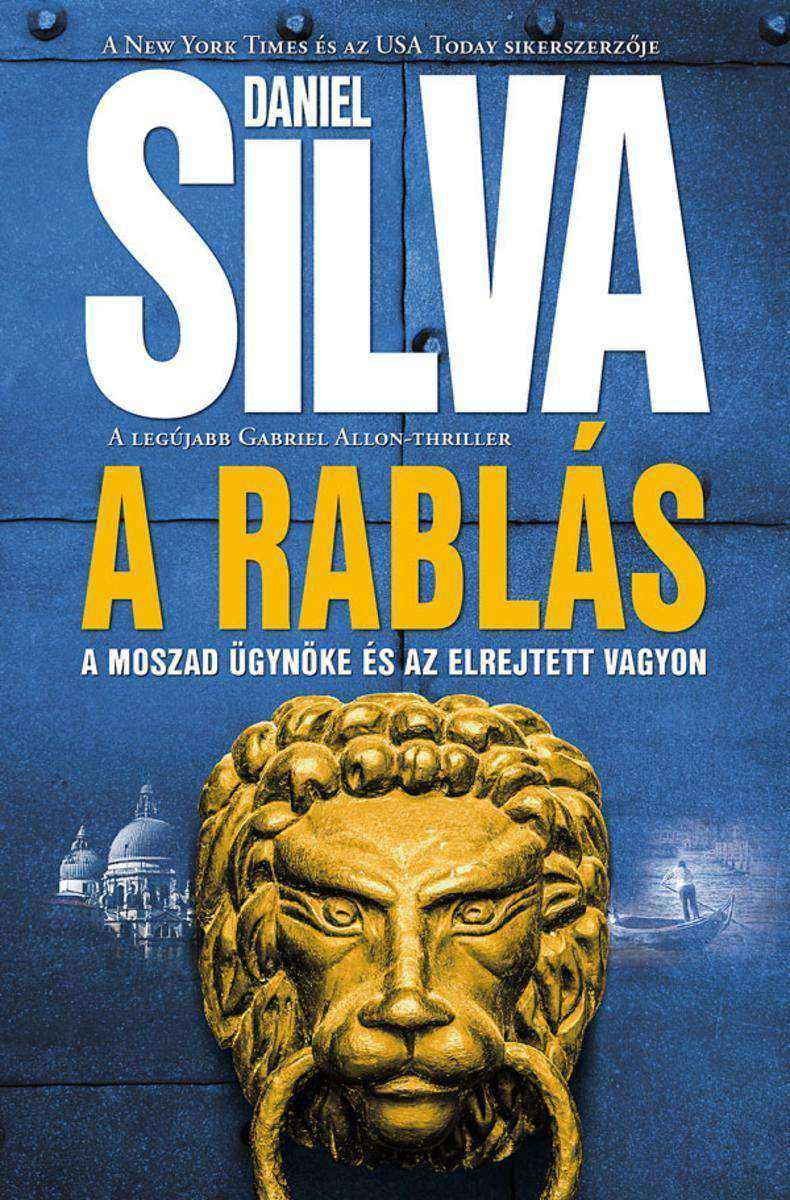
A rablás
¥99.98
A rablás

Romana Gold 9. k?tet
¥48.74
Romana Gold 9. k?tet

Szívhang 372. (Nem orvosi titok)
¥18.74
Szívhang 372. (Nem orvosi titok)
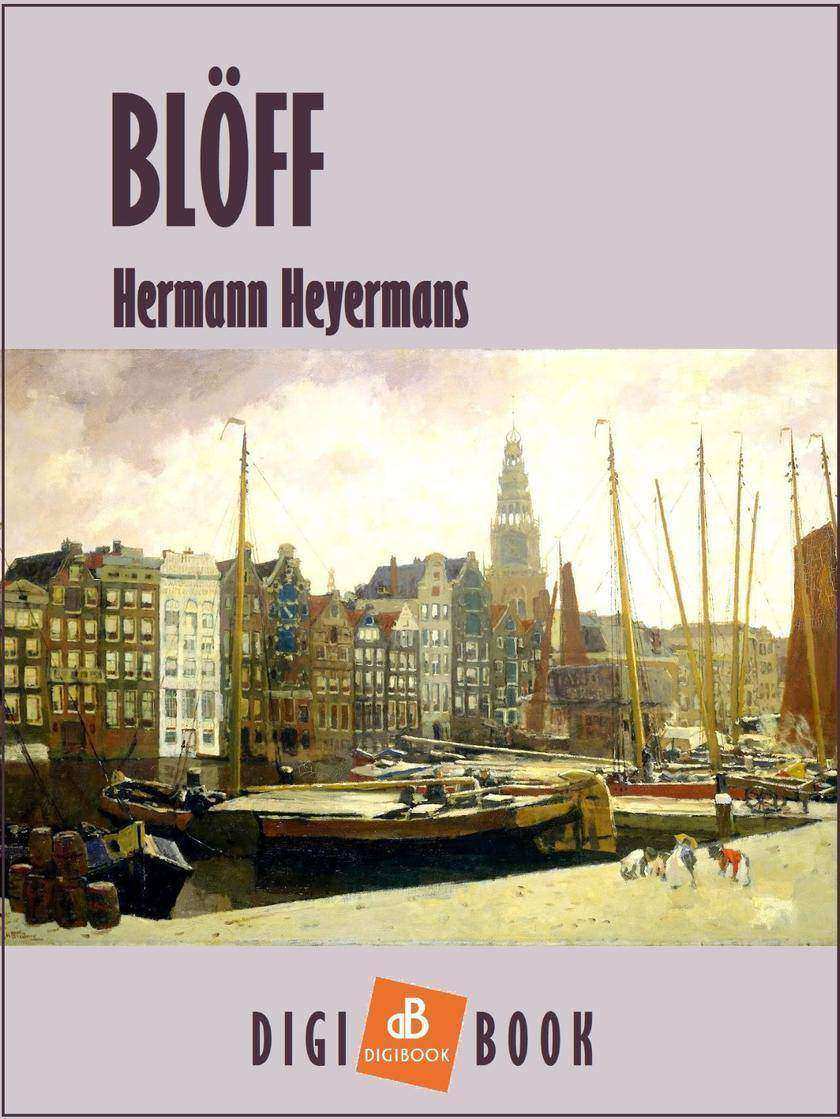
Bl?ff
¥29.02
Bl?ff

Bianca 219. (Drága virágszálam!)
¥18.74
Bianca 219. (Drága virágszálam!)
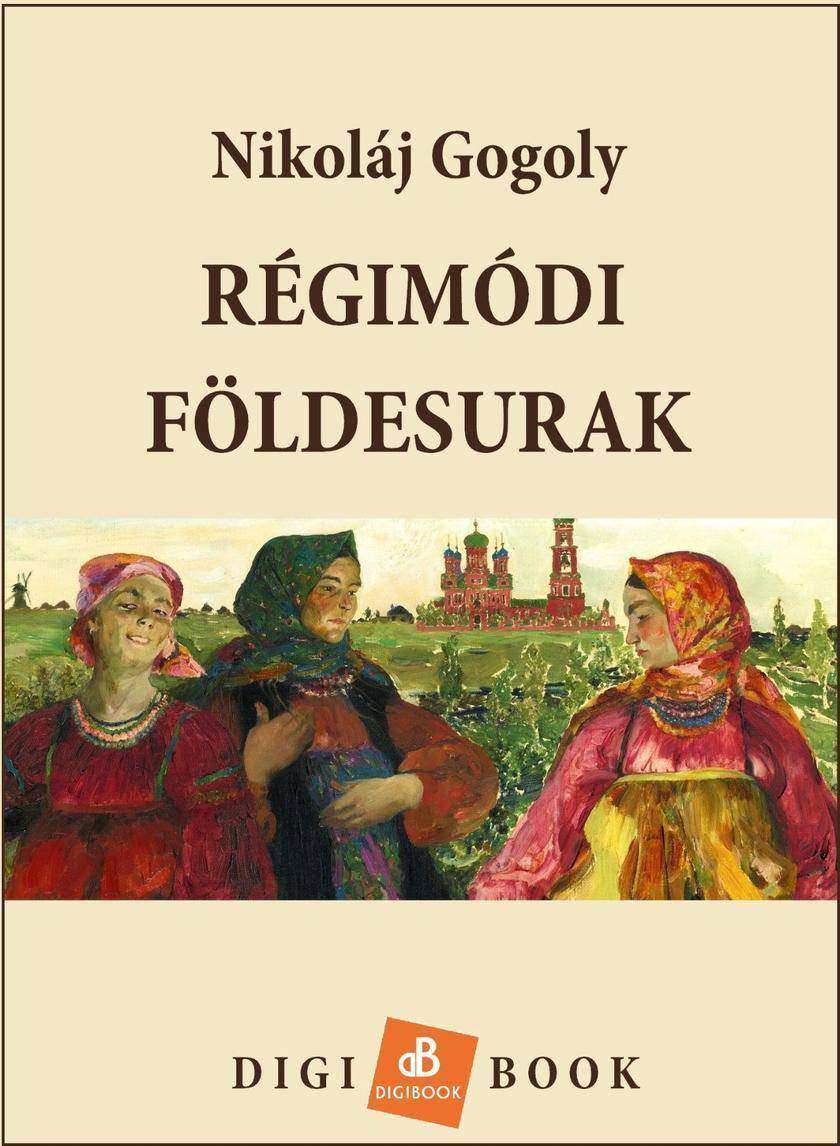
Régimódi f?ldesurak
¥25.67
Régimódi f?ldesurak




 购物车
购物车 个人中心
个人中心



